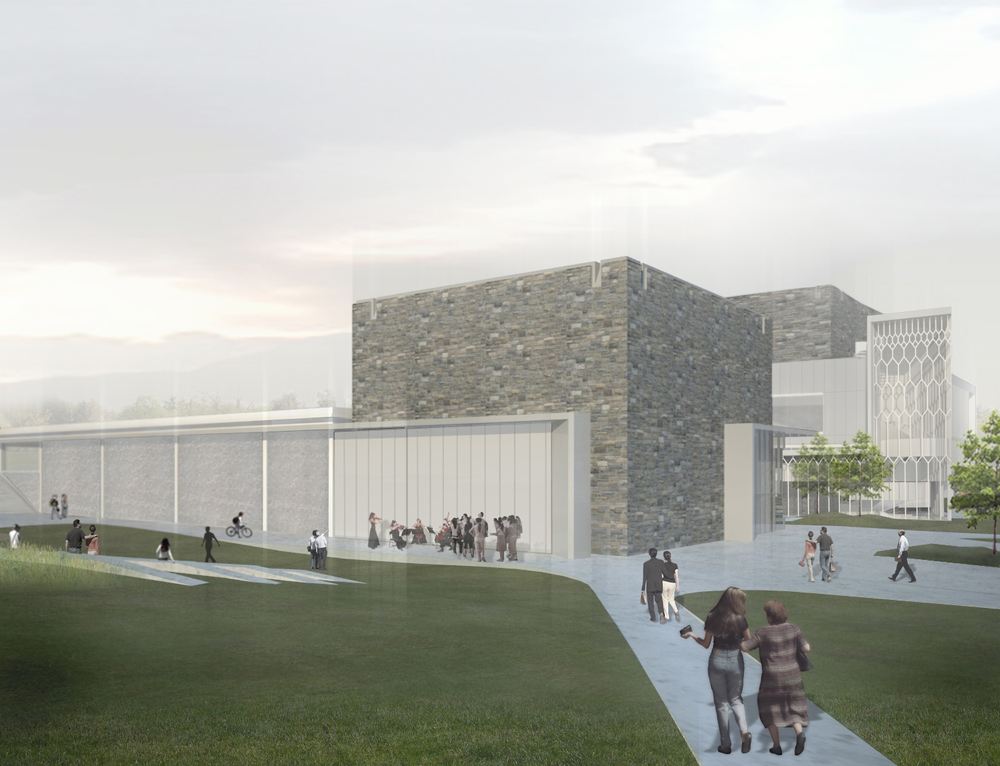Institute for Creativity, Arts, and Technology part of national project on integration of arts

Virginia Tech’s Institute of Creativity, Arts, and Technology is one of 10 leading university research groups forming a national consortium to explore best practices for integrating arts practice into the research university.
Virginia Tech joins Carnegie Mellon University; Penn State; MIT; Stanford University; University of California, Berkeley; University of Colorado; University of Michigan; Vanderbilt University; and Washington University, St. Louis on the project, which is funded by the Mellon Foundation.
The 3 1/2 year research project was spearheaded by the University of Michigan’s Alliance for the Arts in Research Universities, formerly known as ArtsEngine, and will result in the publication and dissemination of a comprehensive guide about arts integration at research universities, articulating models, and exploring implementation strategies on a variety of dimensions. The group will examine obstacles, costs, and implementation strategies, as well as the impact on students and faculty, specifically involving research, practice, and teaching.
“This consortium, which is composed of universities on the forefront of the arts integration movement, should provide guidance and illustrate impact for key stakeholders, such as university administrators, legislators, national science and arts funding organizations, and education agencies and associations,” said Ben Knapp, the Institute for Creativity, Arts, and Technology’s founding director.
The Institute for Creativity, Arts, and Technology is a founding sponsor of the Alliance for the Arts in Research Universities, which was established in 2011 to create a formal national network to support the integration of artists and arts practice throughout American research universities




